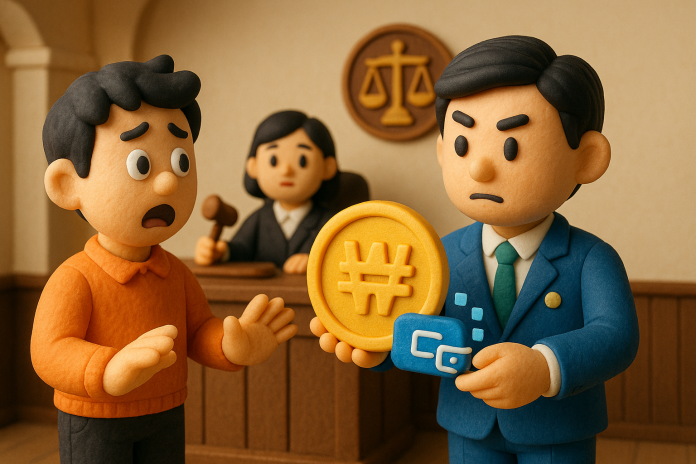
South Korean local governments are rapidly stepping up efforts to collect overdue taxes by directly seizing and liquidating delinquent taxpayers’ crypto assets. Cities such as Busan and Paju have initiated aggressive recovery actions. Busan has secured over KRW 23.7 billion from 70 individuals over the past five years, while Paju retrieved around KRW 26 million this year alone by selling seized digital assets.
Typically, cities first request voluntary liquidation, encouraging taxpayers to sell their crypto to settle dues. However, Jeju Province recently became the first regional government to directly liquidate assets through a Korbit exchange account under its own name — marking a significant shift made possible after regulatory changes.
Gyeonggi Province has been using a specialized digital tracking system that allows end-to-end management — from identifying crypto holdings to seizure and sale. Over the past year, this system tracked 5,910 accounts and reclaimed KRW 6.2 billion in unpaid taxes from 2,390 individuals.
The enforcement momentum follows a legal revision in 2023 that allowed local governments to open corporate accounts on crypto exchanges, enabling formal asset liquidation procedures that were previously difficult. A Korbit official confirmed, “Since municipalities have been allowed to open accounts, we’ve been actively supporting the sale process.”
These developments highlight a turning point: crypto is no longer an untouchable shelter for delinquent taxpayers. While there are still inconsistencies across exchanges in handling municipal accounts, calls for standardized nationwide guidelines are growing.
As digital assets become increasingly integrated into tax enforcement mechanisms, crypto seizures are expected to remain a critical part of local governments’ revenue recovery strategies.






